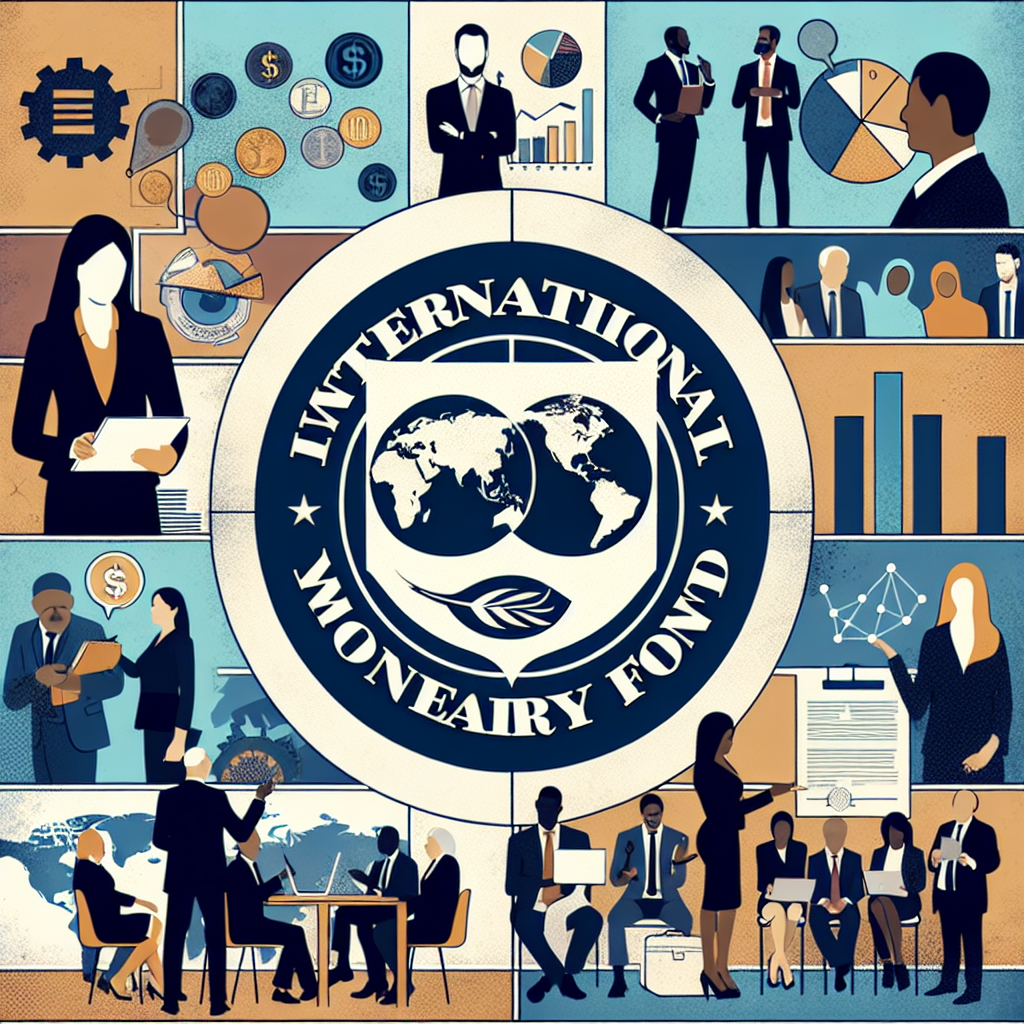IMF's Focus Shift: Striking a Balance Amidst Global Challenges
IMF Managing Director Kristalina Georgieva reaffirmed the focus on preventing balance of payments crises, amidst U.S. policy pressures. While acknowledging U.S. Treasury's call to prioritize macroeconomic stability over climate issues, Georgieva emphasized the ongoing climate-related economic impacts. Discussion on tariff impacts and economic reforms also highlighted the meeting.

Amidst global economic challenges, the International Monetary Fund aims to avert balance of payments crises as it grapples with directives from the U.S. Treasury under the Trump administration. Managing Director Kristalina Georgieva asserted during the IMF and World Bank spring meetings that the organization would incorporate U.S. priorities but continue supporting nations impacted by climate change.
While respecting U.S. demands for a focus on macroeconomic stability, Georgieva highlighted the essential link between climate change and macroeconomic policies. Acknowledging the dominating U.S. influence on IMF policies, she stated that members ultimately shape the organization's direction, emphasizing cost-efficiency and macroeconomic stability amidst increasing U.S. tariffs and recessionary fears.
The meeting also underscored the urgent need for global trade reforms. Georgieva urged major economies to lower trade barriers and address tariff tensions to restore investment confidence. Key recommendations included shifting patterns towards consumer spending in China, reducing fiscal deficits in the U.S., and unifying banking systems within the European Union to stimulate growth.
(With inputs from agencies.)










